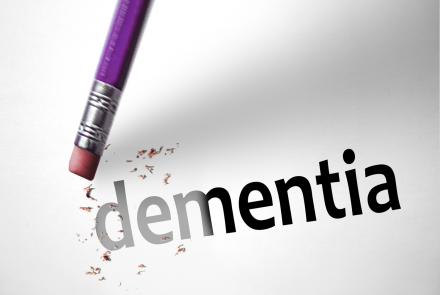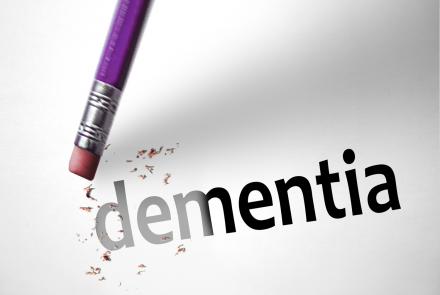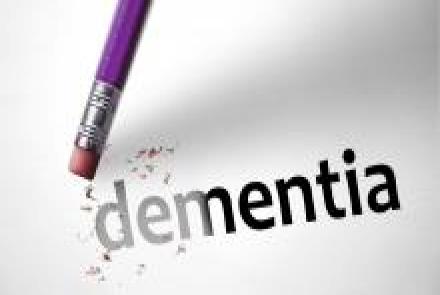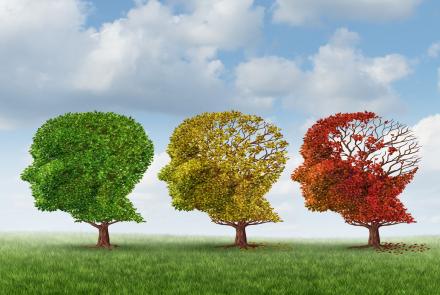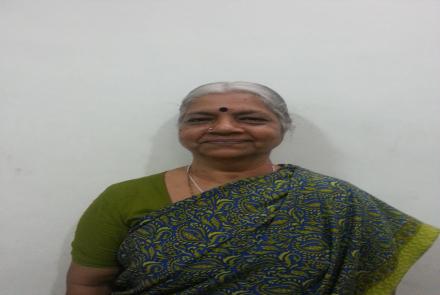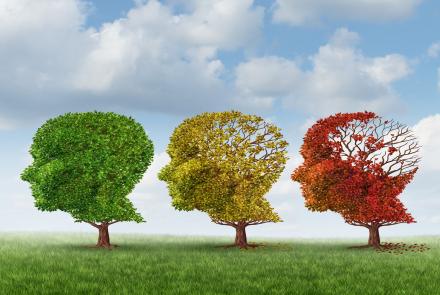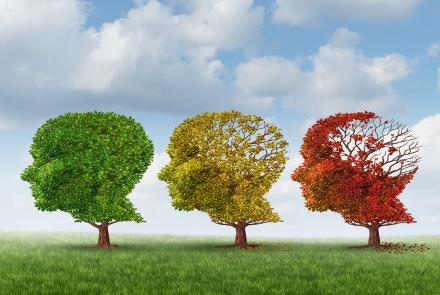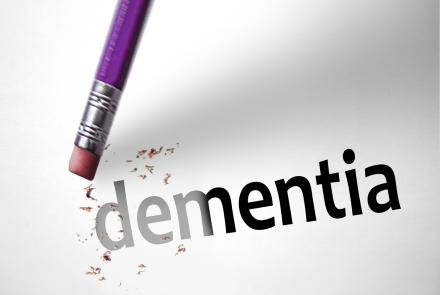What tests do you need to do to assess if a person has Dementia:
Mini mental state examination (MMSE): This is a brief 30-point questionnaire test. It takes about 10 minutes and examines functions including arithmetic, memory and orientation.
Abbreviated mental test score (AMTS): This was introduced in 1972 to rapidly assess elderly patients for the possibility of dementia.
Modified Mini-Mental State Examination (3MS)
Cognitive Abilities Screening Instrument (CASI)
Informant…
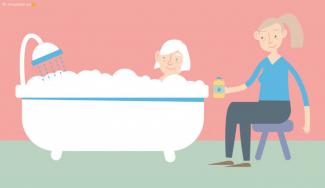
Sometimes the Daily activties like Bathing, Dressing and Eating can be a huge challenge for caregivers looking after a person with dementia. Here are a few useful tips. Let us know which one you find helpful.
Tips for Bathing
For some people bath time can be a frightening, confusing experience.
- Plan the bath or shower for the time of day when the person is most calm and agreeable. Be consistent. Try to develop a routine.
- Tell the person what you are going to do, step by step, and allow him/her to do as much as possible.
- Prepare in advance. Make sure you have everything you need ready and in the bathroom before beginning. Draw the bath ahead of time.
- Be sensitive to the temperature. Warm up the room beforehand if necessary and keep extra towels and a robe nearby. Test the water temperature before beginning the bath or shower.
- Minimize safety risks by using a handheld showerhead, shower bench, grab bars, and non-skid bath mats. Never leave the person alone in the bath or shower.
- Bathing may not be necessary every day. A sponge bath can be effective between baths.
Tips for Dressing
Getting dressed could present a series of challenges: choosing what to wear, getting some clothes off and other clothes on, and struggling with buttons and zippers.
- Try to have the person get dressed at the same time each day so he/she will come to expect it as part of the daily routine.
- Encourage the person to dress himself/herself to whatever degree possible. Plan to allow extra time so there is no pressure or rush.
- Allow the person to choose from a limited selection of outfits.
- Arrange the clothes in the order they are to be put on to help the person move through the process with ease.
- If the person needs prompting, provide clear, step-by-step instructions.
- Choose clothing that is comfortable, easy to get on and off, and easy to care for. Elastic waists and Velcro enclosures minimize struggles with buttons and zippers.
Tips for Eating
- Ensure a quiet, calm atmosphere for eating. Limiting noise and other distractions may help the person focus on the meal.
- Provide a limited number of choices of food and serve small portions. You may want to offer several small meals throughout the day in place of three larger ones.
- Use straws or cups with lids to make drinking easier.
- Substitute finger foods if the person struggles with utensils. Using a bowl instead of a plate also may help.
- Have healthy snacks on hand. To encourage eating, keep the snacks where they can be seen.
- Visit the dentist regularly to keep mouth and teeth healthy.
Coming up next week : Tips on staying active & alternate therapies !
Changed
10/Mar/2017
Condition

